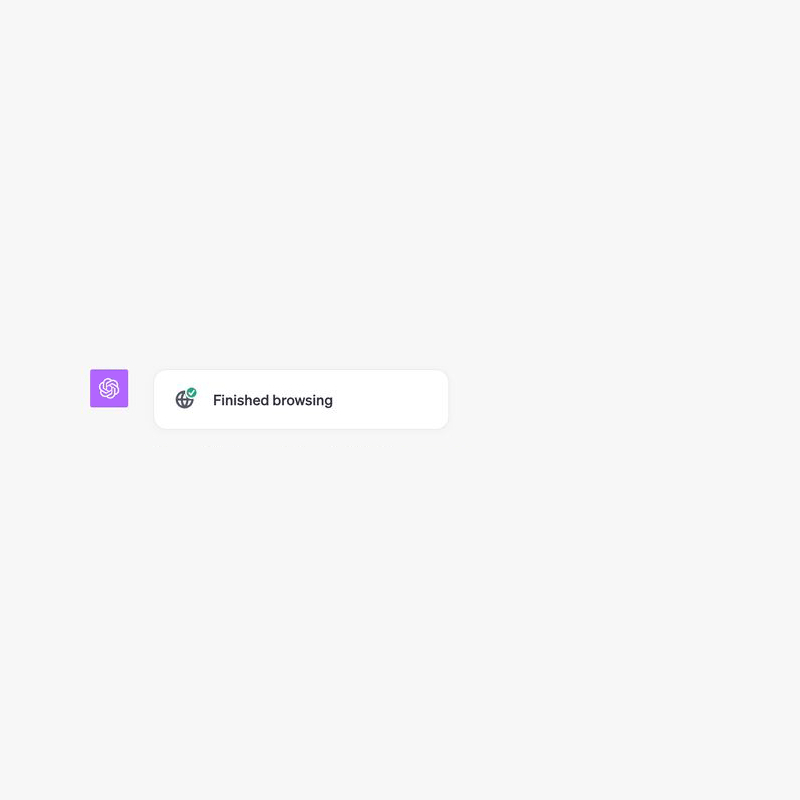
OpenAI is smart, and there is no doubt about that.
Ever since OpenAI introduced it, the AI quickly captivated the tech world in general. While its knowledge is vast and that its Large Language model is capable of helping users in many tasks, the database where it's knowledge is sourced, is cutoff on September 2021.
What this means, despite being trained with a vast and constantly updated database of text, documents, and information from the internet, which includes a wide range of sources such as books, websites, articles, and more that cover a multitude of topics, the AI didn't have access to real time information.
Without the ability to properly browse the web, the AI cannot surface any relevant information about events that happened after that cutoff date.
This however, is changing.
In a tweet, OpenAI said that:
Initially made available to ChatGPT Plus and Enterprise users, the feature ChatGPT to get information about current affairs, access up-to-date news, or get insights into any fresh online content.
This should not only enhances the overall user experience but also positions ChatGPT as a formidable contender to traditional search engines.
OpenAI has made it relatively straightforward for users to harness this new feature.
Users just need to login into their ChatGPT Plus or Enterprise Account, to then select 'Settings & Beta.'
Then, from the popup box, users have to select the "Beta features" and then enable the "Browse with Bing" option.
For the last step, to use the web browsing feature in ChatGPT, users have to select the 'GPT-4' option, and then select the 'Browse with Bing.'
ChatGPT can now browse the internet to provide you with current and authoritative information, complete with direct links to sources. It is no longer limited to data before September 2021. pic.twitter.com/pyj8a9HWkB
— OpenAI (@OpenAI) September 27, 2023
While the integration of internet browsing within ChatGPT opens up a world of possibilities, the technology is not devoid of concerns.
First of, the initial hesitation in integrating real-time web browsing was because the technology would create potential inaccuracies and ethical concerns.
By introducing real-time data, there are chances that the AI can pull the wrong data and create misinformation that could mislead users.
OpenAI is fully aware of the issues, and have to face the challenges no matter what, especially when rivals, like Google Bard, has access to the internet right from the start.
OpenAI has to ensure that the AI's ethical use is evident in their interactions with regulators, ensuring that user trust and safety remain paramount.
Read: OpenAI Gives Its ChatGPT AI The Ability To 'See, Hear, And Speak'